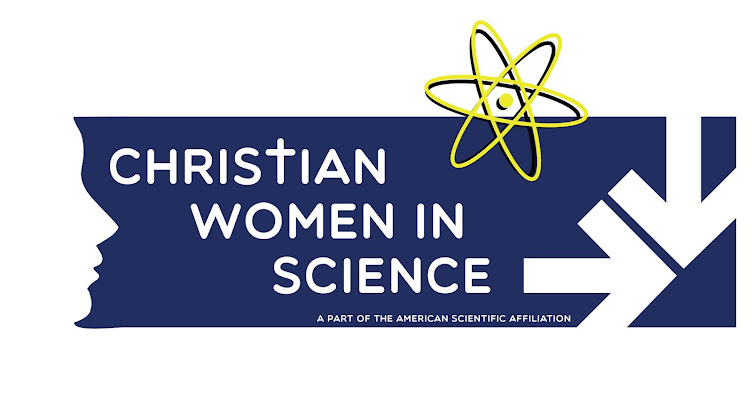Theory and reality often are far apart in science. Predictions often do not match observations. That is why it is important to formulate a hypothesis and test it by empirical observation, keeping an open mind.
Last month, in an effort to address problems and redesign a united pathway to a new theory of evolution, the Royal Society convened a conference of leading evolutionary scientists entitled “New trends in evolutionary biology: biological, philosophical and social science perspectives.” According to the Royal Society,
“Developments in evolutionary biology and adjacent fields have produced calls for revision of the standard theory of evolution, although the issues involved remain hotly contested.”
Increasingly, scholars are questioning the evolutionary model through which data is being interpreted. This article on Bacteria Evolution is an example of the critical thinking that is raising doubts about Darwinian evolution.
Darwinian evolution is predicated on 4 concepts: mutation. adaptation, common ancestry, and natural selection.
Mutation and adaptation are observed realities. Therefore, we may speak of them as factual.
The idea of common ancestry of apes and humans lacks observable, physical evidence and should be recognized as a theory, not a fact.
The idea of natural selection appears to be true to a point, but there are many examples in nature that suggest that this is not a biological law.
Related reading: Genesis on Humans and Apes; Genesis Has no Evolutionary Framework; Questioning the Common Ancestry Hypothesis; Biblical Anthropologists Discuss Darwin; When is the Evidence Sufficient?


No comments:
Post a Comment